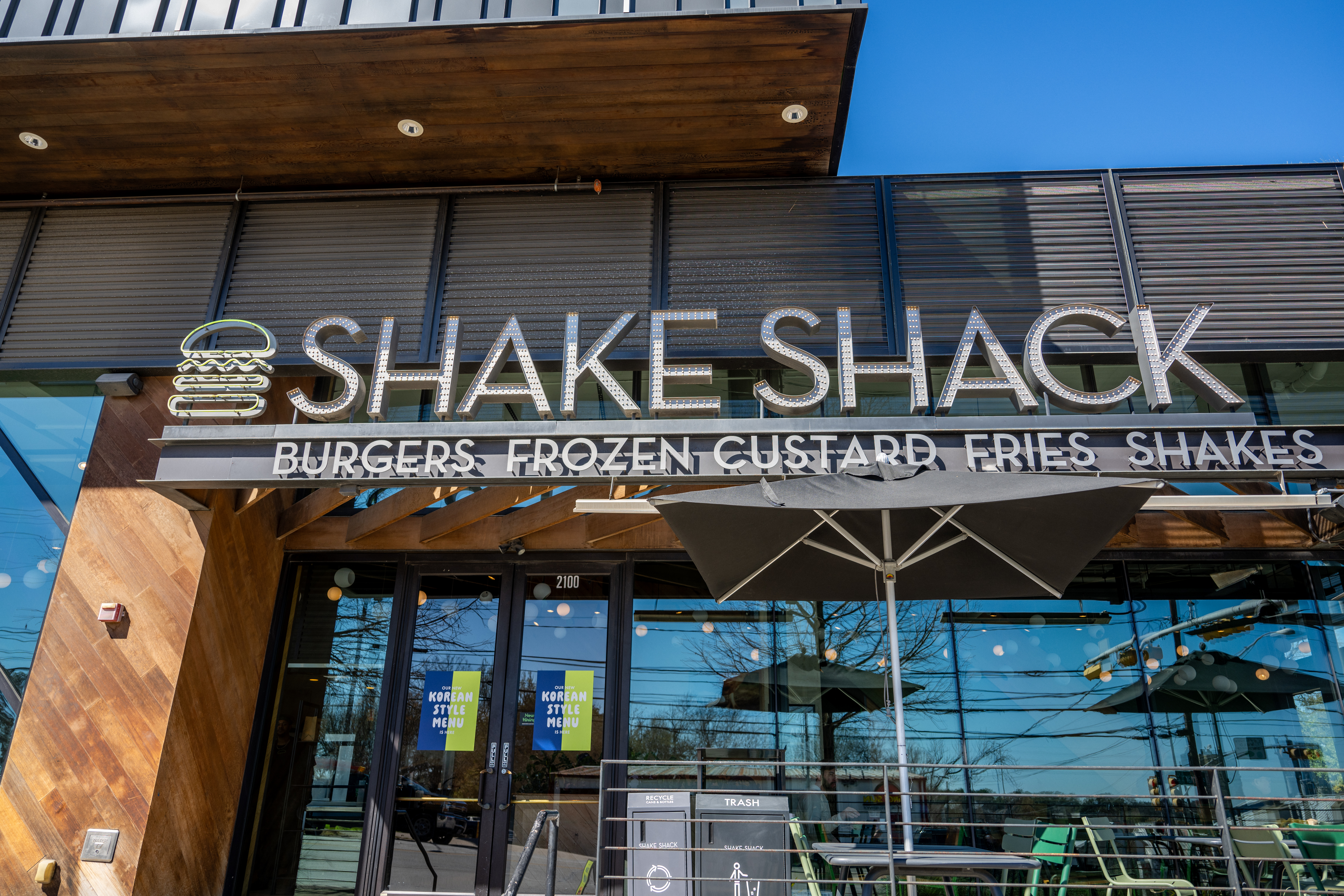“On a Saturday night when we’re used to doing 200 dinners, we’re doing 30,” said Donna Curran, owner of Zinc restaurant in New Haven.
She is one of the small business owners who say it’s been quiet downtown. Busy sidewalks have slowed and so have customers.
“Well it’s been a slow go. There’s really no way to sugarcoat it. Our business has been off consistently 50% or greater since mid-March,” said Tom Maloney, owner of Raggs for Men and Women. “I’m hoping that the customers that have pushed me through stay with me because I feel like 2021 is going to be better for our store, better for New Haven and better for everyone.”
The new $900 billion stimulus bill before Congress could help. In the package, $300 billion is set aside for another round of PPP loans. Maloney is planning to apply.
“Now that I’ve gone through the first PPP program, I think the second one will be a little smoother,” said Maloney.
University of New Haven economics professor John Rosen says there are a lot of areas covered in the bill, including direct payments to the public.
Local
“The biggest are those three: the checks the businesses and the unemployment,” said Rosen.
The checks are $600 for Americans and there’s an extra $300 a week for unemployment insurance to lift those out of work.
Curran faced a tough layoff decision this year and is hopeful this package can help those who need it, including those she was able to keep on the payroll.
“We went down from a staff of 30 to a core staff of maybe 15, most of which is working part time,” said Curran. “We had a little bit of a run when we had outdoor dining, but after that shut down we’ve been existing mostly on takeout and family meals and packages that we’ve put together for the holidays.”
The bill also includes $10 billion for child care assistance, $13 billion for food banks and SNAP benefits, and $25 billion in rental assistance.
“As with all these things, I encourage everybody to apply for anything you think you might qualify for,” said Rosen. “It’s not going to solve all of your problems but this will help you pay rent, pay your employees if you’re a small business person.”
Beyond individual benefits, the bill gives a boost to cities and towns through a one-year extension to spend CARES Act funds, and $77 billion for public schools and colleges.
Rosen expects there could be one more bill under the Biden administration, and then the discussion may turn to paying back 2020 coronavirus support.
“I would expect people will say ‘we have to start paying some of this debt off,’ and the bills two and three years out will be increased tax bills.”



